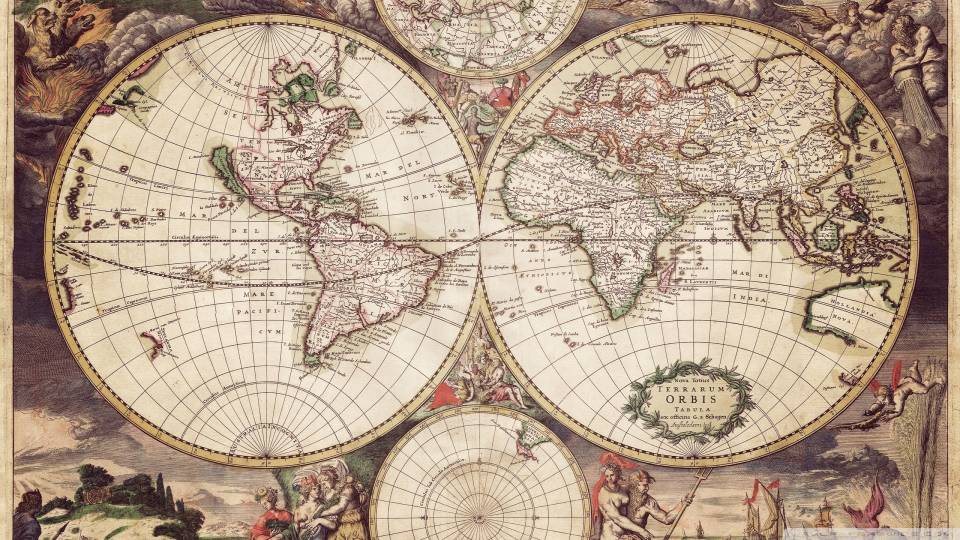Feminist Geographers Encourage Colleagues not to cite Research of White Men
Two feminist geographers are encouraging their colleagues to be more mindful about citing the research of White males because doing so contributes to “the reproduction of White heteromasculinity of geographical thought and scholarship.”
Writing in “Gender, Place & Culture: A Journal of Feminist Geography,” Carrie Mott and Daniel Cockayne argue that considering an author’s gender, race or sexuality prior to citation can be an effective “feminist and anti-racist technology of resistance that demonstrates engagement with those authors and voices we want to carry forward.”
The authors point out that whether an academic’s research is cited by his peers has significant implications for promotion, tenure, and influence. Therefore, to cite only White men “does a disservice to researchers and writers who are othered by White heteromasculinism.”
The authors define “White heteromasculinism” as “an intersectional system of oppression describing on-going processes that bolster the status of those who are White, male, able-bodied, economically privileged, heterosexual, and cisgendered.”
Academics should practice “conscientious engagement” when citing research, the feminists assert, “as a way to self-consciously draw attention to those whose work is being reproduced.”
The article, titled “Citation matters: mobilizing the politics of citation toward a practice of ‘conscientious engagement,’” was first reported by Campus Reform.
Ms. Mott told Campus Reform that “white men tend to be cited in much higher numbers than people from other backgrounds.”
“When it is predominantly White, heteronormative males who are cited, this means that the views and knowledge that are represented do not reflect the experience of people from other backgrounds,” she said. “When scholars continue to cite only White men on a given topic, they ignore the broader diversity of voices and researchers that are also doing important work on that topic.”






















